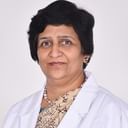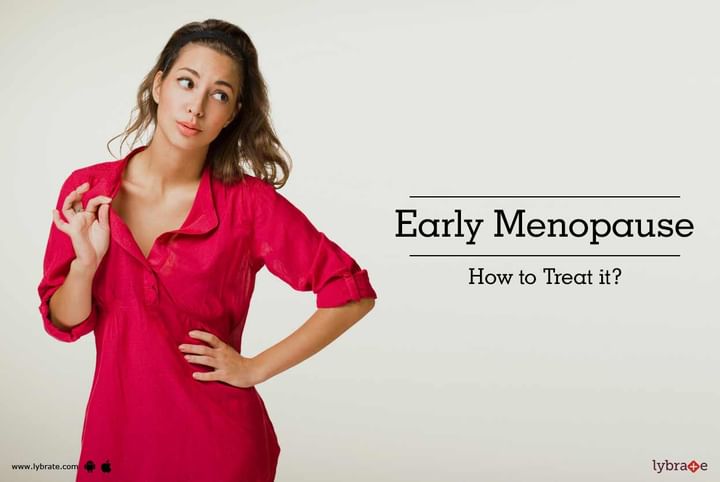Early Menopause - How to Treat it?
Menopause is characterized by the absence of menstrual periods for 12 months. It is the time in a woman’s life when the ovaries stop functioning. The periods then stop forever. The normal period of menopause is 51 years of age, however, menopause may happen as ahead of schedule as the 30s or as late as the 60s. There is no solid lab test to determine when a lady will encounter menopause. Early menopause usually starts between the ages of 40 and 45. Untimely menopause begins significantly earlier, before the age of 40. Nevertheless, premature or early menopause is not that common with only about one percent of the women going through early menopause before the age of 40.
The signs and symptoms of early menopause are like the usual menopause. Some basic side effects include:
- Irregular periods (amenorrhea)
- Hot flashes
- Night sweats
- Vaginal dryness
- Mood shifts
- Mental fogginess
- Diminished sex drive
Your specialist will suggest a treatment depending on your individual circumstances. Some common ways to deal with premature or early menopause are as follows:
Hormone Replacement Therapy
Supplements containing estrogen and progestin can help and replace some of your reproductive hormones in the body that can no longer make it all alone. They are frequently taken until the normal period of menopause (around 50) to help avoid bone loss. This treatment is not suggested for all ladies since it expands the danger of:
- Heart issues
- Stroke
- Blood clots
- Breast cancer
Supplemental Calcium and Vitamin D
Supplementary calcium and vitamin D can help in preventing osteoporosis in case you are not getting enough of these supplements from your normal diet. Women between ages 19 to 50 need to consume 1,000 milligrams of calcium for each day through food or supplements. Ladies over age 51 need to consume 1,200 milligrams for each day. A prescribed day-to-day measure of vitamin D has not yet been built up. For grown-up females, most specialists prescribe 600 to 800 global units through food or supplements. One should get a prescription from a doctor before ingesting the medication.
Other strategies to deal with Infertility
A few ladies with untimely menopause can at present get pregnant with no treatment. Ladies who want to have children, however, tend to become infertile after early or untimely menopause, need to consider in-vitro treatment, fertilization or even adoption.
Talk Therapy
Numerous ladies discover that having a conversation with a therapist can be supportive to adapt to their anxiety. It helps them release their pent up emotions and gives the clarity and satisfaction about their problems. Talk therapies like cognitive behavioral therapy are always beneficial since they help in addressing the symptoms and side effects that a woman may be going through emotionally when it comes to early menopause.



+1.svg)
